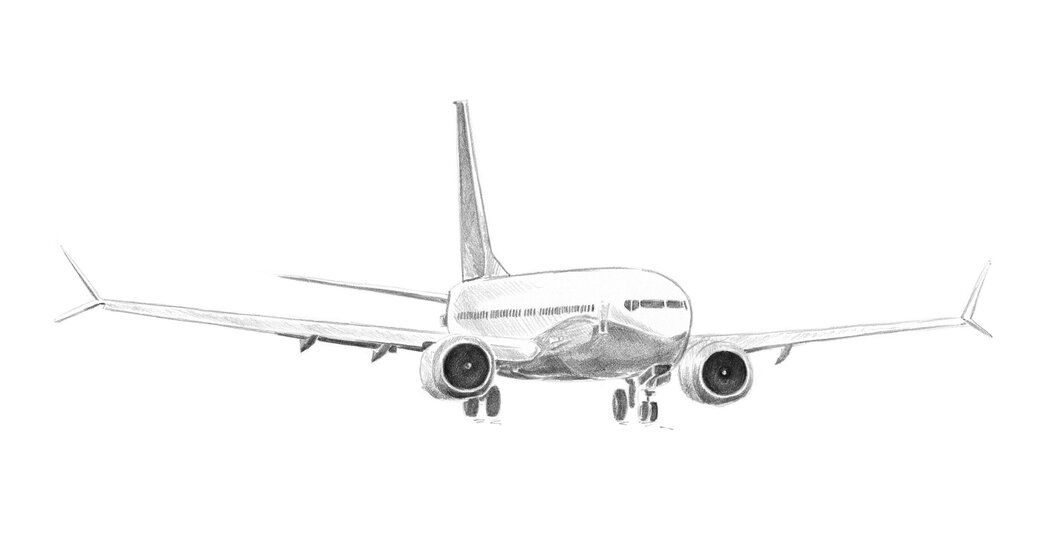More than a decade ago, executives at Boeing made a pivotal decision: To keep up with the company’s main rival, Airbus, they gave up on the idea of developing a new airplane and raced to update the 737, the company’s most popular jet.
That effort culminated in the 737 Max, which had two fatal crashes in 2018 and 2019 and attracted more scrutiny this year when a panel blew out of one of the planes during a flight in January. The jet’s troubles have left Boeing behind Airbus in the global market for single-aisle planes, which it once dominated.
Now, Boeing, which is expected to appoint a new chief executive by the end of the year, has to make another critical choice: When should it develop its next brand-new plane?
If the company missteps, it could spend billions of dollars and still lose market share to Airbus, which is based in Toulouse, France. Both manufacturers also face a distant but rising threat from China and growing pressure to cut planet-warming emissions.
“That will be one of the most important decisions for whoever steps into the C.E.O. role,” said Ken Herbert, an aerospace and defense analyst at RBC Capital Markets. “Their legacy is going to be defined by what they do with the portfolio.”
Boeing declined to provide comment for this story.
Commercial planes are generally divided into two groups. Narrow-body, or single-aisle, planes like the 737 typically carry 100 to 200 passengers on domestic U.S. flights. Wide-body, or twin-aisle, planes can take more passengers farther — from, say, New York to London or Tokyo.
Boeing and Airbus sell many more narrow-body jets, but airlines are increasingly demanding larger versions of those planes because of limited gates and runway capacity at many airports and growing demand in travel.
The Max was designed to compete against the Airbus A320neo family of planes. Experts say the verdict in that contest is clear: Boeing lost. Airlines around the world have ordered many more of the Airbus jets, especially the largest, the A321neo. The European company’s lead was solidified after the Max crashes — which experts traced to poor design and engineering decisions — and the ensuing 20-month global ban on the plane.
In 2019, for the first time, Airbus had more passenger planes flying around the planet than Boeing did, according to Cirium, an aviation data provider.
The Max remains popular, especially with airlines in the United States, which have a long history of flying Boeing planes. The company is…
Click Here to Read the Full Original Article at NYT > Travel…
